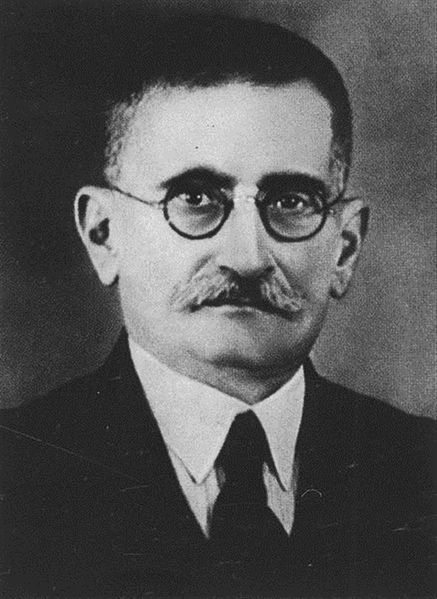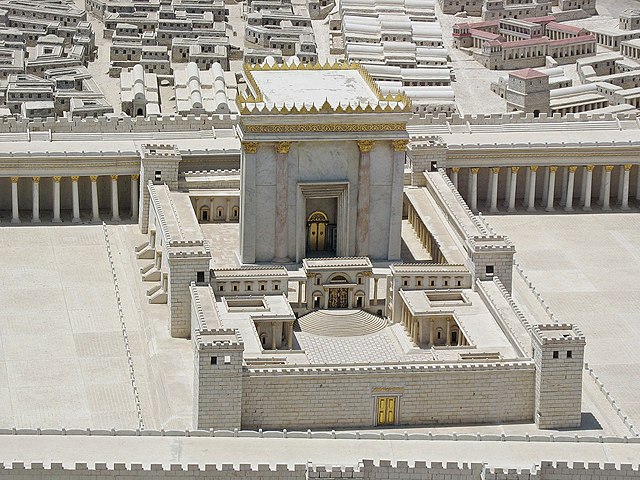Palestinians or Palestinian people, also referred to as Palestinian Arabs, are an ethnonational group descending from peoples who have inhabited the region of Palestine over the millennia, and who today are culturally and linguistically Arab.
A depiction of Syria and Palestine from CE 650 to 1500
Khalil Beidas (1874–1949) was the first person to self-describe Palestine's Arabs as "Palestinians" in the preface of a book he translated in 1898.
Palestinian mother and child
A 1930 Palestinian women's protest in Jerusalem against the British Mandate. The sign reads "No dialogue, no negotiations until termination [of the Mandate]"
Palestine is a geographical region in West Asia. It is usually considered to include modern-day Israel and the State of Palestine, though some definitions also include parts of northwestern Jordan. Other historical names for the region include Canaan, the Promised Land, the Land of Israel, or the Holy Land.
Caesarea Maritima, also known as Caesarea Palestinae, built under Herod the Great at the site of a former Phoenician naval station, became the capital city of Roman Judea, Roman Syria Palaestina and Byzantine Palaestina Prima provinces.
Model of the Second Temple in Jerusalem, after being rebuilt by Herod. It was destroyed by the Romans in 70 CE during the First Jewish-Roman War.
The Dome of the Rock, the world's first great work of Islamic architecture, constructed in 691.
Minaret of the White Mosque in Ramla, constructed in 1318








